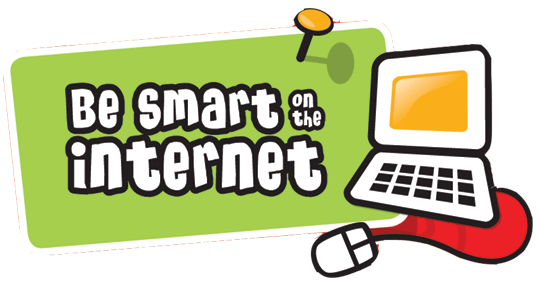
Here at The Birkenhead Park School we take the safety of our students extremely seriously.
With the Internet and social media being ingrained into our lives now, it is vital parents and students know how to stay safe online.
Through our Safer Schools Police Officer we encourage students to follow some ‘Top tips to stay safe online’.
- Do not post or give out any personal information that could identify you.
- This includes your name, your address and pictures or links to your school
- Don’t post details of where you’re going to be at particular time
- Make sure you use the security and privacy features on your social networks, so you only share what you want with who you want.
- Don’t arrange to meet anyone you’re only ever met online.
- You can:
- Say - No
- Tell – Tell your trusted adult
- If your trusted adult says you may go, take them with you and meet in a public place
- Learn how to block and report people on every chat app. you use.
- You should:
- Only add people you know in the real world
- Don’t get involved in online arguments. Once it’s said online it can be there forever
- Don’t join in with online bullying just because others do it, be the better person
- Use an avatar as your profile pic, rather than a photo of you
- Only post comments and photos/videos you’d be happy for your parents to see
- Don’t open emails from people / places you don’t know.
- Remember:
- Only give out your email address to people you know or on official forms
- If you’re not sure have a second disposable email address for spam, you can always change it to your ‘personal’ address later
- Many viruses, malware and ransomware and other and similar files are spread by emails
- Phishing and scam emails are extremely common, if it sounds too good to be true it probably is
- Keep your device secure with the latest security updates and virus protection.
- The latest anti-virus software with the latest virus definitions is essential. This includes everything that connects to the internet like your computer, tablet or phone.
Advice for parents including information about how to report suspicious or abusive activity.